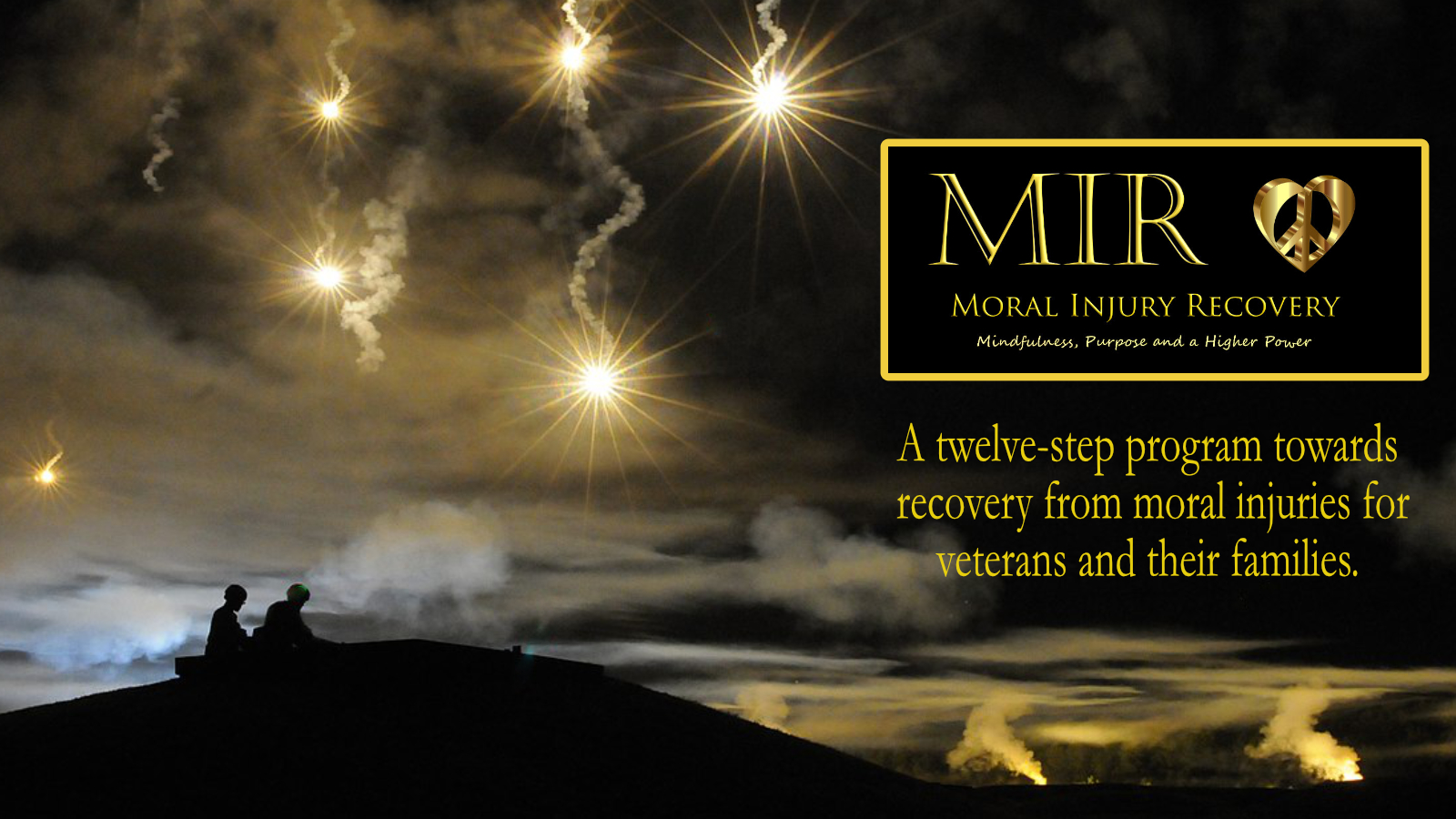
WHAT IS MORAL INJURY?
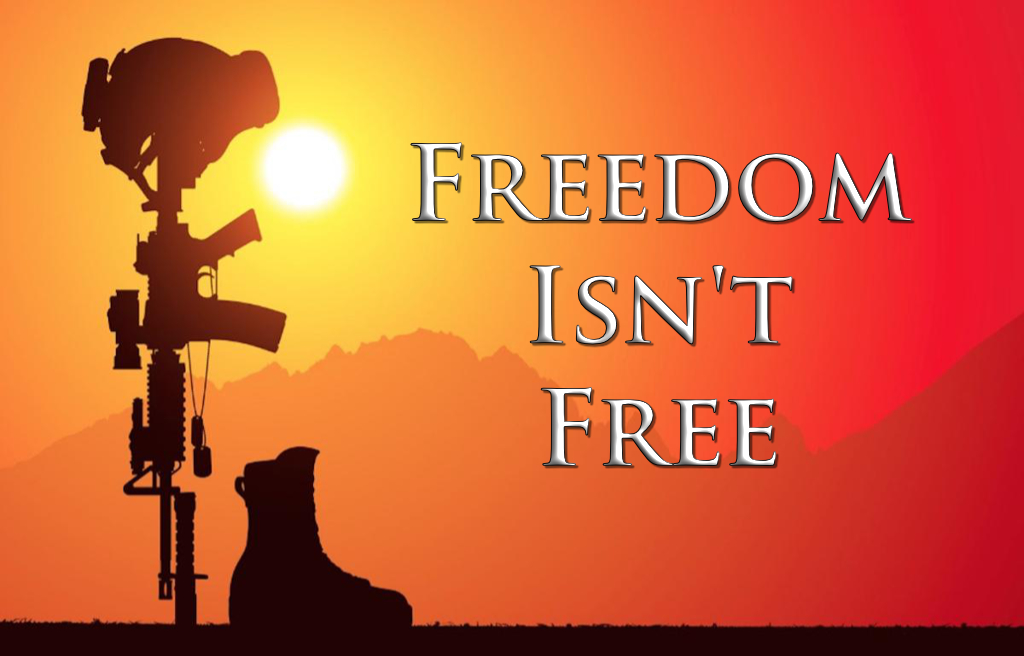
Shay (2014) emphasizes leadership failure and a “betrayal of what’s right, by a person who holds legitimate authority in a high stakes situation.” Silver (2011) speaks of, “a deep soul wound that pierces a person’s identity, sense of morality, and relationship to society”.
EXAMPLES OF MORAL INJURY IN WAR
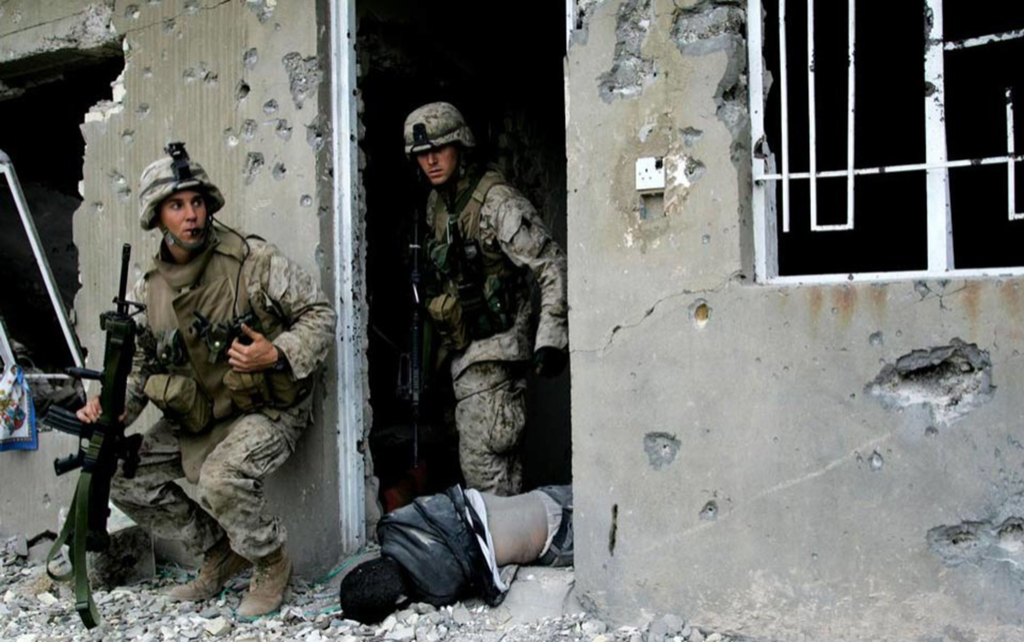
A change in belief about the necessity or justification for war, during or after one’s service
WHAT ARE THE CONSEQUENCES OF MORAL INJURY?
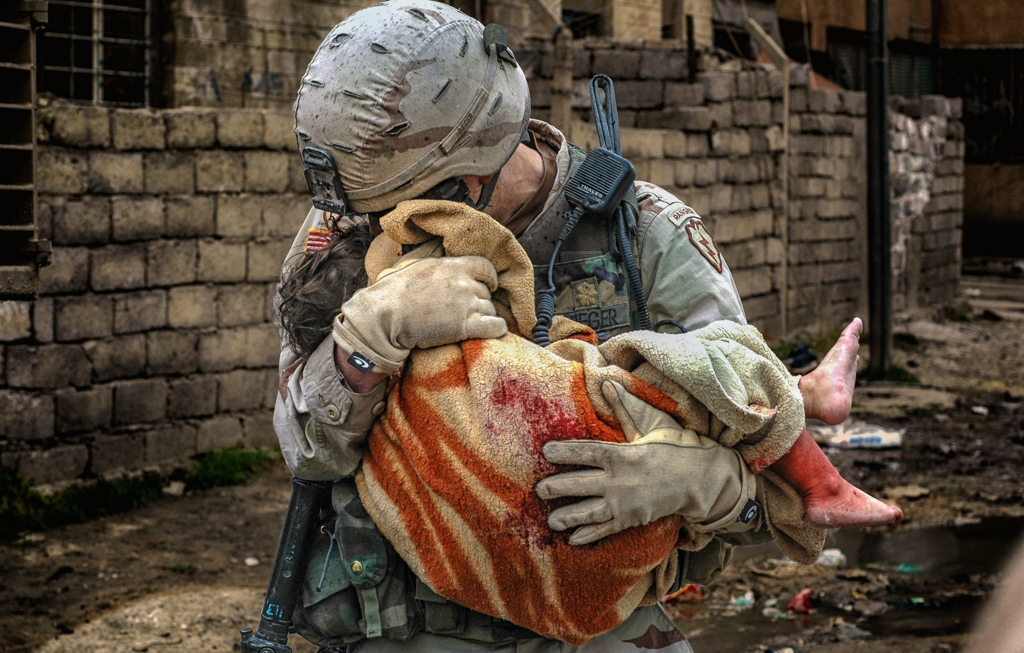
Moral injury is damage done to the soul of the individual. War is one (but not the only) thing that can cause this damage. Abuse, rape, and violence may cause similar types of damage. “Soul repair” and “soul wound” are terms already in use by researchers and institutions in the United States who are exploring moral injury and pathways to recovery.
WHY HAVEN’T WE HEARD ABOUT THIS BEFORE?
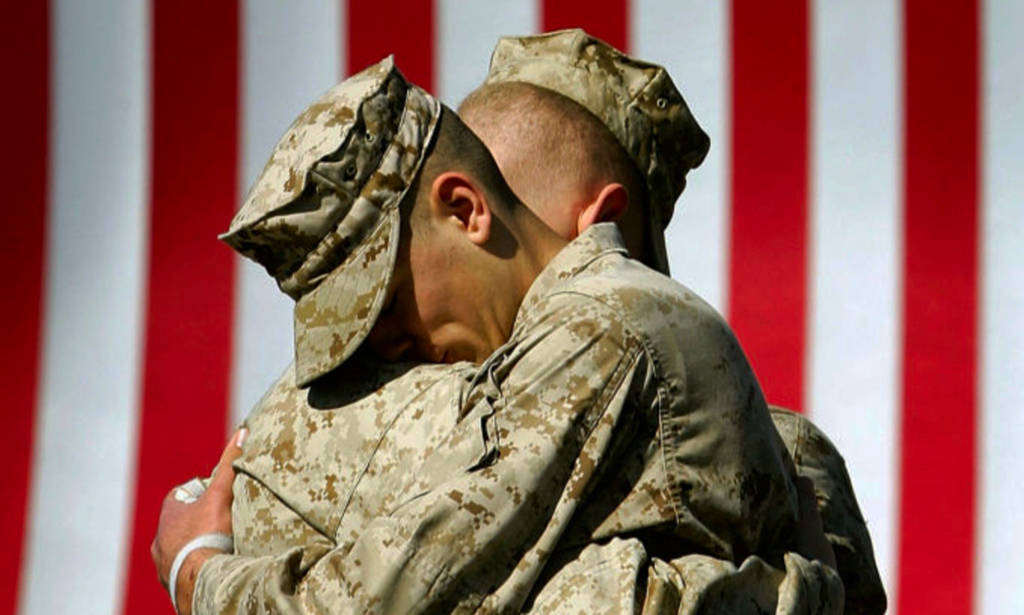
WHAT SHOULD WE DO ABOUT MORAL INJURY?
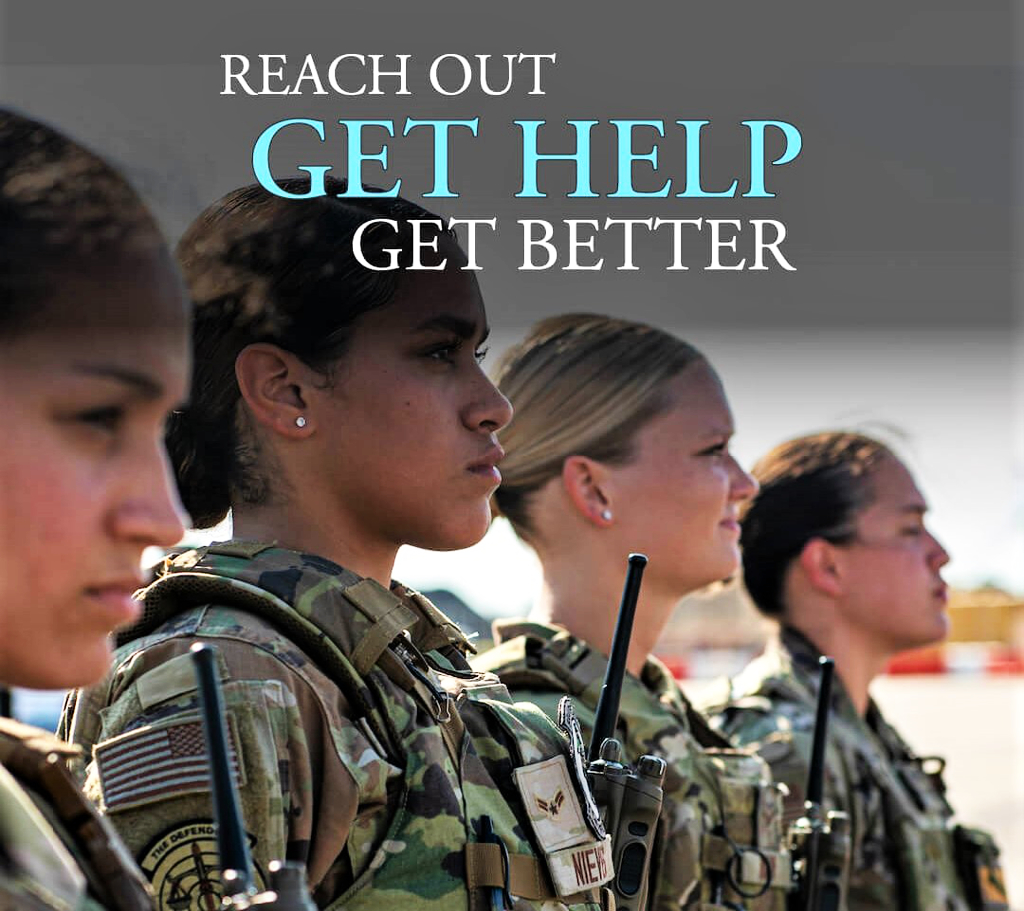
*PTSD is a clinical diagnosis, identified and treated according to criteria and methods prescribed by the American Psychiatric Association (APA). The APA last updated its Diagnostic and Statistical Manual of Mental Disorders (DSM-5) in 2013.
SO, WHAT ARE WE DOING?
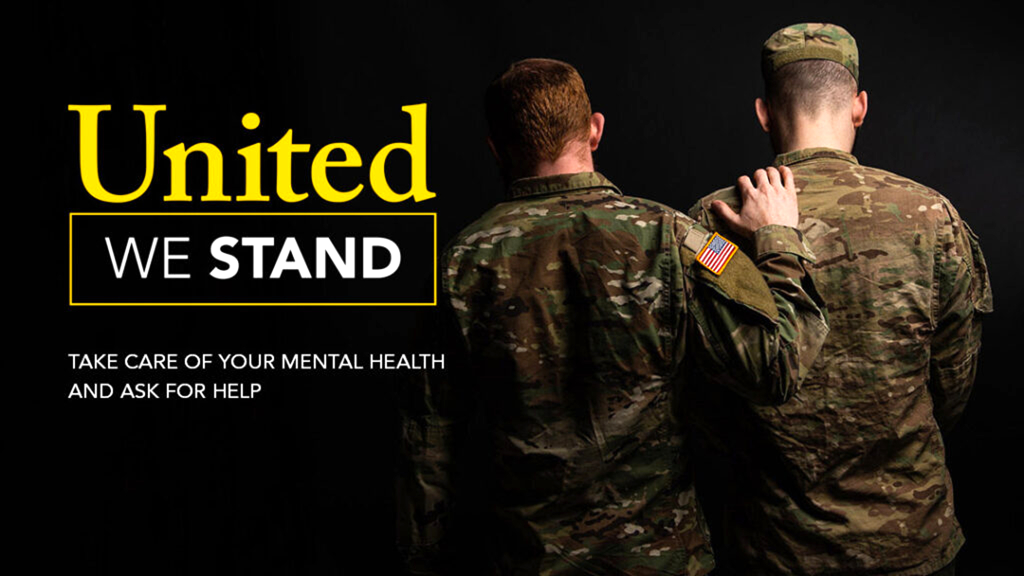
This is not just an academic pursuit. We are addressing the needs of the wounded through multiple healing modalities including mindfulness exercises, finding a life purpose and connecting with our ‘higher power’. Our endeavor is unique in this regard; through the use of artistic and literary formats for public engagement, we can serve those who need healing while addressing the public need for understanding of this topic.
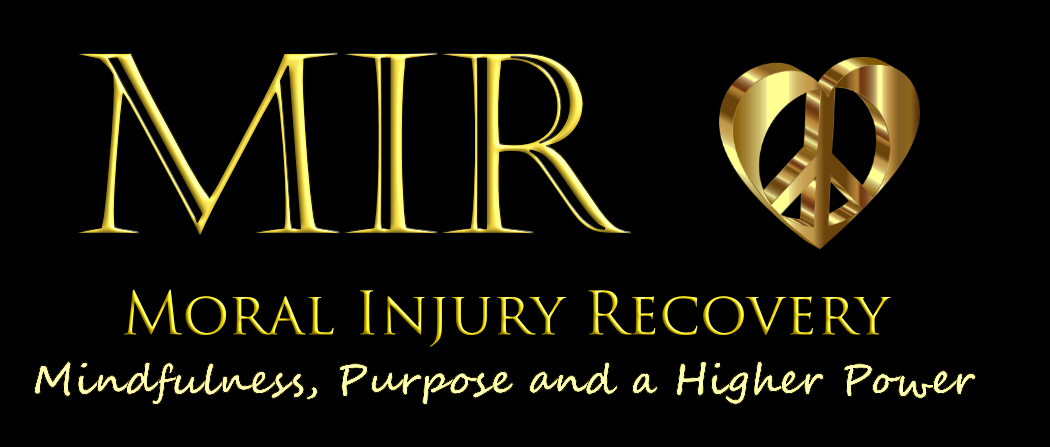
 Users Today : 0
Users Today : 0 Total Users : 489
Total Users : 489 Total views : 791
Total views : 791